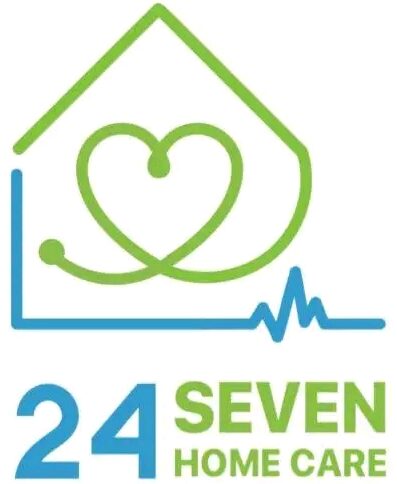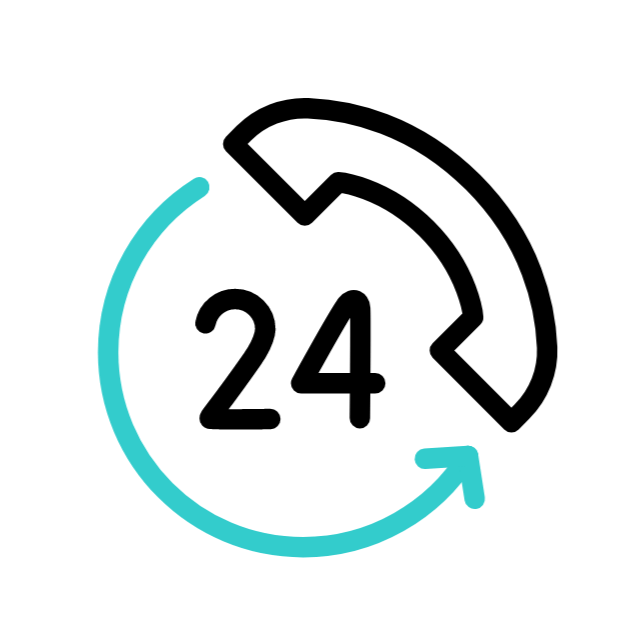Taking Care of Your Cholesterol at Home with 800 Life Response Home Care: A Detailed Guide
Keeping cholesterol under control is essential to preserving general health. The risk of heart disease, stroke, and other cardiovascular disorders can be raised by high cholesterol levels. Although a doctor’s prescription medicine is frequently required, there are a number of lifestyle modifications and at-home care techniques that can support medical care. In this thorough tutorial, we’ll look at how 800 life response Home Care can help you efficiently control your cholesterol at home.

It’s critical to comprehend what cholesterol is and why it matters before getting into cholesterol control. A waxy, fat-like material called cholesterol may be present in both your body’s cells and the food you eat. Although cholesterol is necessary for your body to produce healthy cells, having too much of it in your blood can be dangerous. The two lipoproteins that transport cholesterol through your circulation are high-density lipoprotein (HDL) and low-density lipoprotein (LDL). Since LDL cholesterol may accumulate on the artery walls and create plaques that constrict and obstruct blood flow, it is sometimes referred to as “bad” cholesterol. Because it aids in the removal of LDL cholesterol from the circulation, HDL cholesterol is regarded as “good” cholesterol.
Diminish Saturated Fat:
Certain oils, red meat, and full-fat dairy items include saturated fats, which can increase LDL cholesterol levels. Healthy substitutes for saturated fats include avocado, canola, and olive oil.
Boost Your Fiber Intake:
Soluble fiber has the ability to reduce LDL cholesterol. Soluble fiber-rich foods include fruits, vegetables, legumes, beans, and oats. You can include these items in your regular meals with the assistance of a 800life response Home Care carer.
Select Lean Proteins:
Choose protein sources that are low in fat, such as fish, chicken, and plant-based foods like beans and tofu. When compared to red meat, these options have less saturated fat.
Include Omega-3 Fatty Acids:
These fats, which are included in fatty fish such as mackerel and salmon, can aid in the reduction of LDL cholesterol. Including these heart-healthy items in your diet can be assisted by a carer.
Limit Trans Fats:
Fried and processed meals frequently contain trans fats. LDL cholesterol levels may increase due to these lipids. You can get help from your carer avoiding meals that contain trans fats.
Frequent Physical Activity and Exercise
Another essential element in controlling cholesterol levels is physical exercise. Exercise on a regular basis helps reduce LDL cholesterol, or the “bad” cholesterol, and increase HDL cholesterol, or the “good” cholesterol. Even while you’re at home, 800 life response Home Care can help you stay involved and active. The following advice can help you fit exercise into your everyday schedule:
Aerobic Exercise:
Exercises that increase heart health and reduce cholesterol include swimming, cycling, and brisk walking.
Controlling Cholesterol Through Strength Training | 800life response
Resistance training can help you gain muscle and improve your cholesterol control. You can get help from your career with strength training activities according to your level of fitness.
Flexibility and Balance:
Exercises for balance and flexibility can improve general physical health and make everyday tasks easier and more pleasurable.
Stress Reduction
Long-term stress raises the risk of heart disease and raises cholesterol levels. The significance of stress management in cholesterol management is acknowledged by 800life response Care. With the assistance of a carer, try these stress-reduction strategies:
Mindfulness Meditation:
Engaging in mindfulness practices can lower stress and enhance emotional health.
Yoga and Tai Chi are great options for managing stress because they mix physical exercise with relaxation methods.
Breathing Techniques:
Deep breathing techniques can assist lower stress levels and soothe the neurological system.
Medication Administration
Sometimes, in order to properly manage cholesterol, a doctor’s prescription is required. When it comes to medication management, a carer from 800 life response Home Care can help by making sure you take your prescriptions as directed and by sending you reminders for refills and doctor’s visits.
Keeping an eye on cholesterol levels
To evaluate how well your cholesterol control plan is working, you must regularly check your cholesterol levels. By supporting you with appointments, clinic transportation, and communication, 800 life response Home Care can help you monitor your cholesterol levels.
Lifestyle Adjustments
With the help of 800 life response Home Care, you may make the following lifestyle changes to control cholesterol in addition to diet, exercise, stress reduction, and medication:
Giving Up Smoking:
One of the most important things you can do to enhance the health of your heart is to stop smoking. A carer can offer assistance and motivation while trying to stop.
Comprehensive Knowledge About Cholesterol
As was previously discussed, cholesterol is a fatty chemical that is essential for the synthesis of vitamin D, hormone production, and cell membrane formation. In addition to being created by the liver, food is another way that humans get cholesterol. It’s critical to distinguish between low-density lipoprotein (LDL) and high-density lipoprotein (HDL) cholesterol when talking about cholesterol control. Since LDL cholesterol may accumulate in the arteries and cause plaque to develop as well as heart disease, it is frequently referred to as “bad” cholesterol. However, because it aids in the removal of LDL cholesterol from the bloodstream, HDL cholesterol is regarded as “good” cholesterol.
Tailored Food Programmes 800 life response Home Care understands the value of customized nutrition regimens for cholesterol management. Meal plans customized to your individual requirements and preferences are developed by our carers in collaboration with qualified nutritionists. How we may help you is as follows:
Meal Preparation:
Our carers are capable of preparing dietary guidelines-compliant, heart-healthy meals. This entails choosing meals high in fiber, reducing trans and saturated fats, and consuming lean protein sources.
Purchasing groceries:
We can assist you with this, making sure you have the necessary supplies on hand for your low-cholesterol meals. We’ll help you select foods low in trans and saturated fats by helping you understand food labels.
Portion Control:
Retaining a healthy weight and controlling cholesterol go hand in hand. To make sure you’re not overeating, which can result in weight gain and elevated cholesterol, our carers can assist with portion management.
Hydration:
Maintaining adequate hydration is essential to general health. Maintaining adequate water can assist your body’s natural cholesterol-management activities and aid control metabolism.
Working out and Being Active
Getting regular exercise is essential for controlling cholesterol. In order to encourage physical health, 800life response Home Care provides a variety of activities that may be customized to your skills and preferences:
Exercise Plans for At-Home:
Our carers can work with physical therapists to create exercise regimens that are tailored to your fitness level and health objectives. These workouts may incorporate flexibility, strength, and cardio conditioning.


